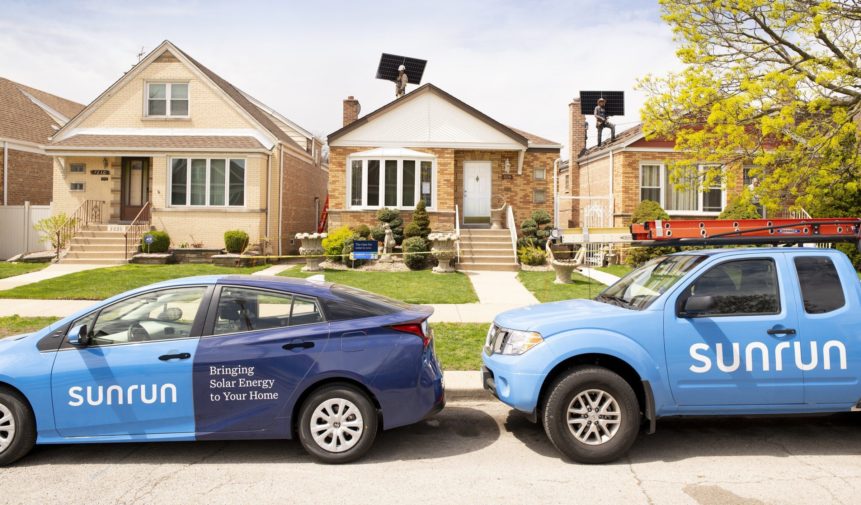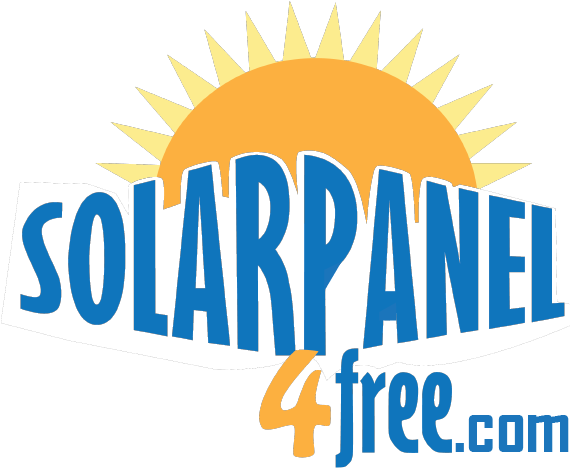SunRun’s Q3 earnings reveal strong growth and dynamic positioning

“Order volumes have increased significantly” and Sunrun expects to grow megawatts deployed by over 20% sequentially in the third quarter.

SunRun’s third quarter volumes shot up 40% from its second quarter level and 2% year-over-year, and the company expects to see continued growth and margin expansion into next year.
“We expect total volumes [after accounting for the Vivint solar acquisition] to increase over 10% sequentially to approximately 172 megawatts,” Tom vonReichbauer, SunRun’s CFO said during yesterday’s Q3 earnings call.
Through its acquisition of its rival, Vivint Solar, SunRun’s customer base grew 20%, increasing from 326,000 last year to more than 500,000 at the end of Q3. Because its acquisition of Vivint closed on October 8th, SunRun will only start reporting as a combined company in Q4.
Year-over-year SunRun’s total revenue fell 3% to $209.8 million. At the end of Q3, SunRun’s solar energy systems and product sales revenue was at $95.3 million, down 20% compared to the third quarter of 2019. But the company’s customer agreements and incentives revenue, which came in at $114.5 million in Q3, was up 19% versus the same period last year.
In Q3, SunRun’s total cost of revenue was $153 million, down 4% from Q3 2019’s level, and its total operating expenses fell 1% year-over-year, coming in at $272 million for Q3.
The go-to consumer brand?
During yesterday’s earnings call, SunRun’s CEO and co-founder, Lynn Jurich, said that SunRun’s wants to be the consumer brand synonymous with powering homes with renewable energy.
The acquisition of Vivint Solar, SunRun’s plan to bring its rechargeable solar battery system, BrightBox, to all of its active markets, and its plans to expand its footprint in the virtual power plant space all support this vision, Jurich said.
On yesterday’s call, Jurich announced that SunRun recently executed an additional virtual power plant contract with Southern California Edison (SCE), and she said that SunRun expects to announce other meaningful virtual power plant contracts in the coming quarters.
SunRun said that its new grid services agreement with SCE will involve providing five megawatts of new energy capacity by 2023. Under the 10-year fixed price contract, Sunrun said that it will dispatch energy from thousands of its Brightbox solar battery systems installed in the SCE territory. According to SunRun, this will lower the overall cost of power and reduce critical strain on the energy system.
In some markets, in addition to providing backup, SunRun’s Brightbox solar-powered home battery systems can also share stored power across communities, essentially serving as local, clean energy virtual power plants. Brightbox users that participate in these networks can strengthen the electric grid in their neighborhoods and help decrease blackout events for their whole community, SunRun said.
Many people across the U.S. were left without power – at a time when many were also working from home because COVID-19 – because of storms, heat waves and wildfires.
“We expect Brightbox installations to accelerate and grow over 100% next year,” Jurich said. In Q3, SunRun’s battery installations grew by than 45% compared with the same quarter last year.
SunRun’s lease versus loan residential solar mix remained consistent in Q3, but Jurich said that the company continues to believe that the tailwinds in the industry point to more solar as a service versus customer-owned projects.
Doing well by doing good
In the press release that accompanied its Q3 earnings, SunRun announced a series of partnerships aimed at deepening its environmental and social sustainability commitments, including partnerships with Grid Alternatives to provide free battery systems to low-income customers in wildfire-prone areas and to provide 1,400 hours of paid solar installation job training.
Last quarter, SunRun also announced a partnership CHANEL to install about 30 MW of solar energy systems on affordable multifamily properties throughout California and a partnership with The Honnold Foundation to launch a new grant fund that will offer non-restricted grants to community-based nonprofits led by Black, Indigenous, and People of Color in the most polluted places in America to install solar energy systems.
SunRun also began offering a product for low-income families in Illinois in Q3. With $0 upfront, and $0 over the 20-year lease agreement, participating households receive 100% of the net metering credits, SunRun said, noting that this product provides immediate savings while helping Illinois meet its renewable energy goals.
Involvement and experience in these ESG-focused initiatives could leave SunRun better positioned to work effectively in these sectors as they develop.

